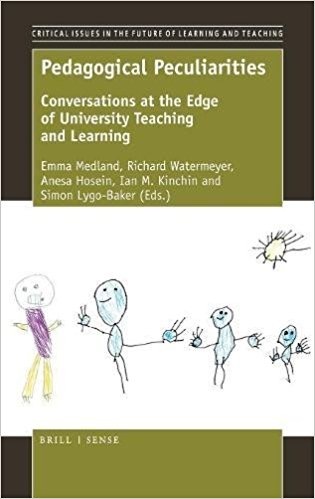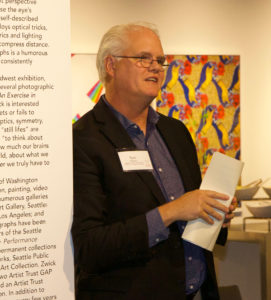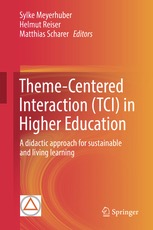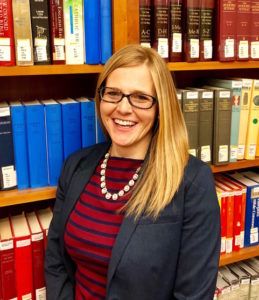teaching
Select an item by clicking its checkbox
You may have heard the announcements that the Wabash Center has launched a new open-access, online journal, The Wabash Center Journal on Teaching. The entire contents of the inaugural issue of the journal is now available for free download online. For twenty-two years the Wabash Center has been publishing Teaching ...
Date Reviewed: June 16, 2021
“I’m just so sick of feeling awkward,” I told my spouse the night before the first day of classes this semester. After having taught for eight years in another school across the country, I was about to begin teaching at a new institution. I was bemoaning the fact that ...

Pedagogical Peculiarities: Conversations at the Edge of University Teaching and Learning (Critical Issues in the Future of Learning and Teaching)
Date Reviewed: September 14, 2018
This edited volume (its authors primarily situated in England) offers a resource for those in higher education who face a rapidly changing educational landscape often marked by “increased marketization and bureaucracy” (ix). In looking at the peculiar distinctions of university pedagogy, this resource reconsiders the traditional academic tripartite roles of researcher, teacher, and administrator in light of growing challenges facing post-secondary educators today and especially in theological education and religious studies. These challenges include the increasing separation of these three academic roles from one another, the redefining of excellent teaching mostly in terms of assessment and evaluation, and finally, the reduction of teaching to a simple series of techniques and best practices.
Pedagogical Peculiarities resists these trends through “deliberative dialogues” (xi) that reflectively peer into a wide swath of disciplines, university roles, and issues. In the first chapter, Stephen D. Brookfield raises two different kinds of peculiarities in university teaching. First, by teaching, educators simultaneously offer seemingly factual and neutral content amidst complex, and at times, competing internal opinions that stem from the multilayered structures of teaching. Thus, teaching is not so clean a process and is far more multifaceted than the passing on of content alone. A second peculiarity, “the contextuality of practice,” involves teaching plans that despite being mostly crafted in an educator’s solitude and internal space, experience a metamorphosis when they externally reach a student. Grand plans are adjusted and the deft teacher is left to alter plans “on the fly” (2). In the concluding chapter, “Building an Agenda for Academic Development on the Peculiarity of University Teaching,” Paul Ashwin reflects upon tensions that exist when thinking about university academic development. These tensions are between: (1) teaching as an individual and as a collective activity, (2) the local and the global in teaching, (3) complexity and simplification, (4) the practical and theoretical, (5) ideas of what it means to be an academic, (6) excellence and enhancement, and (7) the radical potential of university teaching and the tendency for conformity in university teaching (115-22). The opening and concluding chapters bookend three sections subdivided into three pedagogical identities: (1) Identity as it relates to teaching (chapters two and three); (2) Identity as it relates to the discipline (chapters four and five); and (3) Identity as it relates to the institution (chapters six and seven). The middle chapters probe Ashwin’s seven tensions through a variety of disciplines with hope of a better understanding of pedagogy and teaching.
The book’s methodology, which includes dialogue, interview, case study, illustrations, and narrative, is a welcomed variation from resources written in prose. The cultural differences between a U.S.-based reviewer and a primarily U.K.-based text were apparent, but were easily clarified. Overall, this text raises important pedagogical issues for university deans, chairs, and academic development administrators. It also spurs conversations for current or aspiring academics who are rethinking their identity as teacher-scholars amidst shifting needs in higher education.
Two German Language Instructors discuss their collaborations via the GLAA program. Source.


